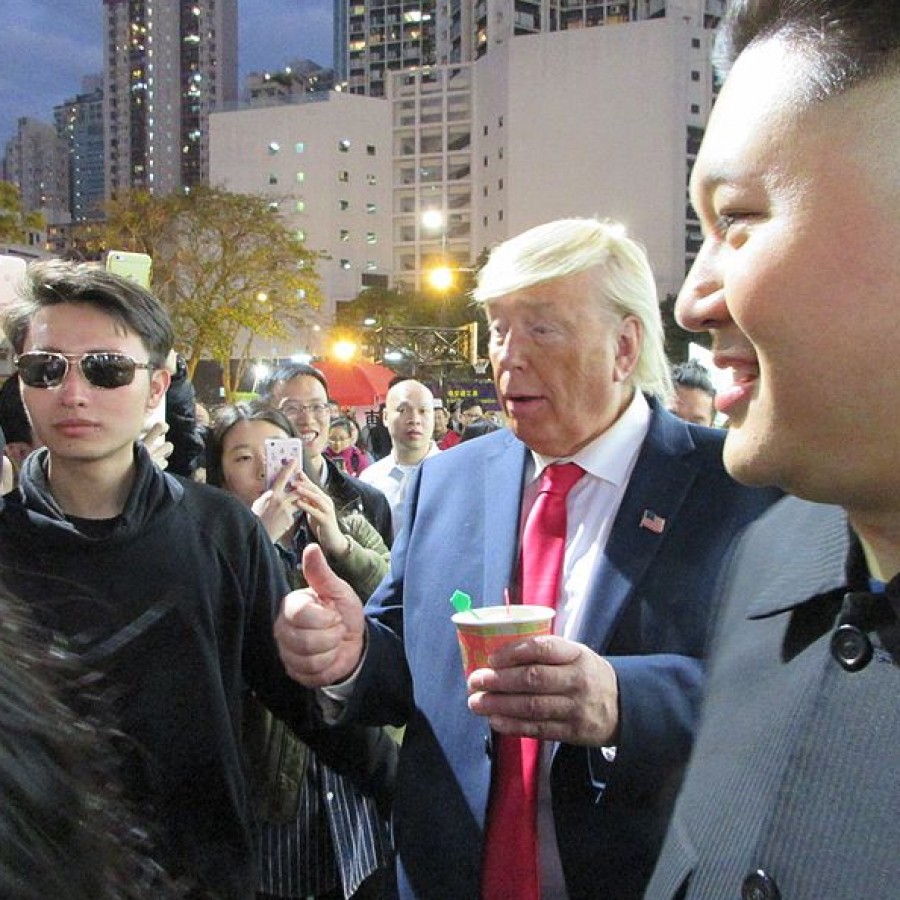In the latest of a series of moves seemingly designed to ease tensions with South Korea and the U.S., North Korea has begun to dismantle its Punggye-ri Nuclear Test Site. Satellite photos from North Korea monitoring site 38 North show that a number of maintenance buildings have been razed; further analysis suggests that railroad tracks running to underground bomb test chambers have been ripped up and that a raised building, likely a viewing structure for the final destruction of Punggye-ri, has recently been constructed. For the first time in a long time, it appears that North Korea is at least somewhat open to negotiations – and may even be following through with them.
Still, peace talks have been plagued with a number of slip-ups, perhaps the most notorious of which being national security advisor John Bolton’s unfavorable comparison with Libya’s denuclearization program – the first sign of collapse in dictator Muammar Gaddafi’s crumbling regime – and Trump’s subsequent backpedaling. Kim Jong Un has also threatened to call off the upcoming summit with Trump and South Korean president Moon Jae-in in the face of full nuclear disarmament and has expressed dissatisfaction with planned military drills conducted by Japan, South Korea and the U.S.
For these reasons, some North Korea experts have expressed doubt that North Korea has fully given up on its nuclear program. In the same briefing, 38 North noted that there are still unused tunnel ranges in Punggye-ri, and a Chinese geologic study postulated that most areas in the site had already been rendered unusable. “North Korea’s past tests have altered the tectonic stress in the region to the extent that previously inactive tectonic faults in the region have reached their state of critical failure. Any further disturbance from a future test could generate earthquakes that may be damaging by their own force or crack the nuclear test sites of the past or the present,” said Wen Lianxing, one of the study’s authors. Others speculate that North Korea is confident enough in its missiles’ capability that it no longer needs to test them. “Advanced nuclear weapons states, they don’t have to conduct tests anymore because they’ve reached that level,” said Duyeon Kim, Korean Peninsula Future Forum member and foreign relations expert.
With North Korea’s further abrupt withdrawal from an important meeting with the South and recent demands for the return of defectors, the future of the country’s international relations is uncertain. “I’m nervous about how the North Korea issue is going to be handled,” said junior Regan Breen, “but it would be nice not to live under the constant threat of nuclear war.” For now, it seems the U.S.’s only option is to find a balance between diplomatic language and outright action – and wait for North Korea’s next unpredictable move.









